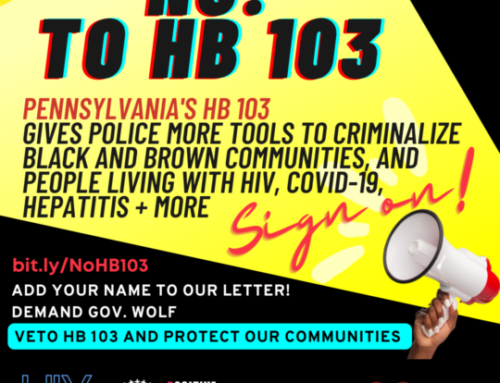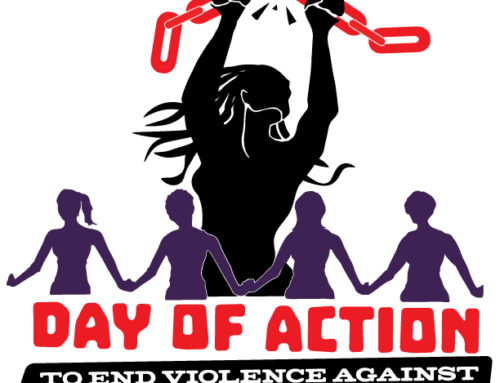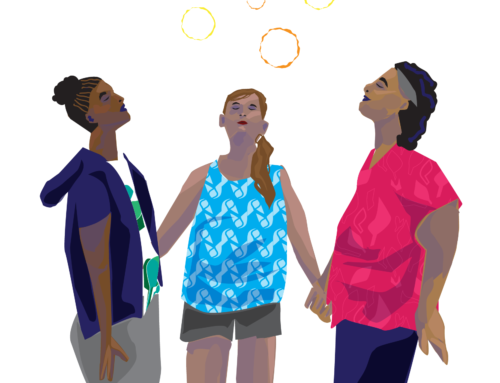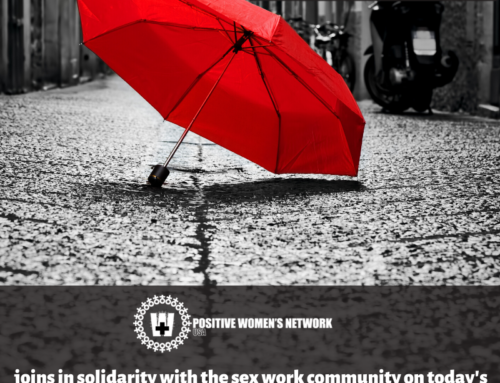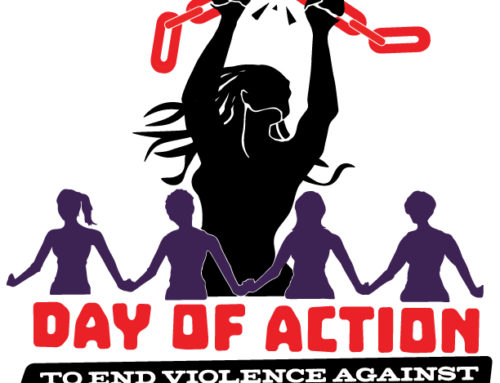| National Women and Girls HIV/AIDS Awareness Day 2013: The Real Cost of Shame Boston, MA — Yesterday, March 10th marked National Women and Girls HIV/AIDS Awareness Day and March 8th marked International Women’s Day. We at the Positive Women’s Network USA (PWN-USA) are filled with the simultaneous promise of hope and sadness at lost opportunities. Across the country, PWN members and allies hosted, led, and spoke at a plethora of events from Cleveland, Ohio and New Orleans, LA to San Diego, CA and Washington, D.C. The events engaged youth, screened videos on the stigma and discrimination of HIV Criminalization, and increased excitement for HIV prevention research that focuses on women to name a few. In New York, HIV advocates from the U.S., including PWN-USA, and around the world are gathering for the UN Commission on the Status of Women to ensure that the Commission upholds the rights of all women, especially women living with HIV. However, we are saddened at some recent glaring setbacks. Earlier last week, a billboard campaign entitled “The Real Cost of Teen Pregnancy” surfaced throughout New York City. Timed to coincide with International Women’s Day, Mayor Michael Bloomberg’s campaign apparently has taken the approach that shaming teen parents is a useful public health strategy. The campaign features photographs of sad young toddlers of color predicting in their own words dismal academic futures and failed relationships. The recent announcement of a child in Mississippi functionally cured of HIV may herald a new era of medical treatments in addressing the issue of parent-to-child transmission, in the U.S. and abroad. However, we are disappointed and dismayed that there has been scant media attention to the situation of her mother — the ostensible lack of accessible prenatal care, analysis of Mississippi’s current state of HIV care and treatment, and social and structural factors that may have contributed to her not being retained in care. Furthermore, some dialogue within the HIV community has insinuated that the mother was somehow at fault or to be blame for being out of HIV care for several months after giving birth to her child. Here in these United States of America we are proud to claim some of the world’s best physicians and providers. We serve as home to some of the wealthiest pharmaceutical companies on the planet, whose shareholders profit from the virus ravaging our bodies and communities. We know that effective treatment complemented by robust systems of care can break the back of the HIV epidemic. Yet stigma related to HIV and sexuality, criminalization of people and communities impacted by HIV, and internalized shame by people living with HIV and women of color perpetuated by such public health campaigns and the media continue to disenfranchise many of the people who most need life-saving care and treatment. On the heels of the sequester, the Department of Health and Human Services (DHHS) estimates that as many as 7,400 HIV-positive Americans will face either treatment interruption or possible cessation of treatment due to limited funding. The impact on HIV testing and counseling will be equally devastating, with DHHS predicting that 424,000 fewer HIV tests will be offered due to the cutbacks. There are some beacons of hope on the horizon. The White House Working Group on Violence Against Women and Girls, HIV, and Gender-related Health Disparities is blazing a trail of hope in addressing some of the most critical issues driving poor health outcomes among HIV -positive women in the U.S. – the cumulative effects of trauma and abuse. We hope the Working Group will take a leadership role in integrating trauma recovery with HIV services, understanding that data shows many women living with HIV are severely impacted by depression, post-traumatic stress disorder (PTSD), and abuse. There’s no more important time to be smart, strategic, and intersectional with our investments than the current moment. By investing in tools, programs, and practices that work for women living with HIV, that address the root causes of HIV – namely poverty, racism, and gender inequality – we can improve the health of women and communities, increase our involvement and contribution in society, and uphold our human rights. |



